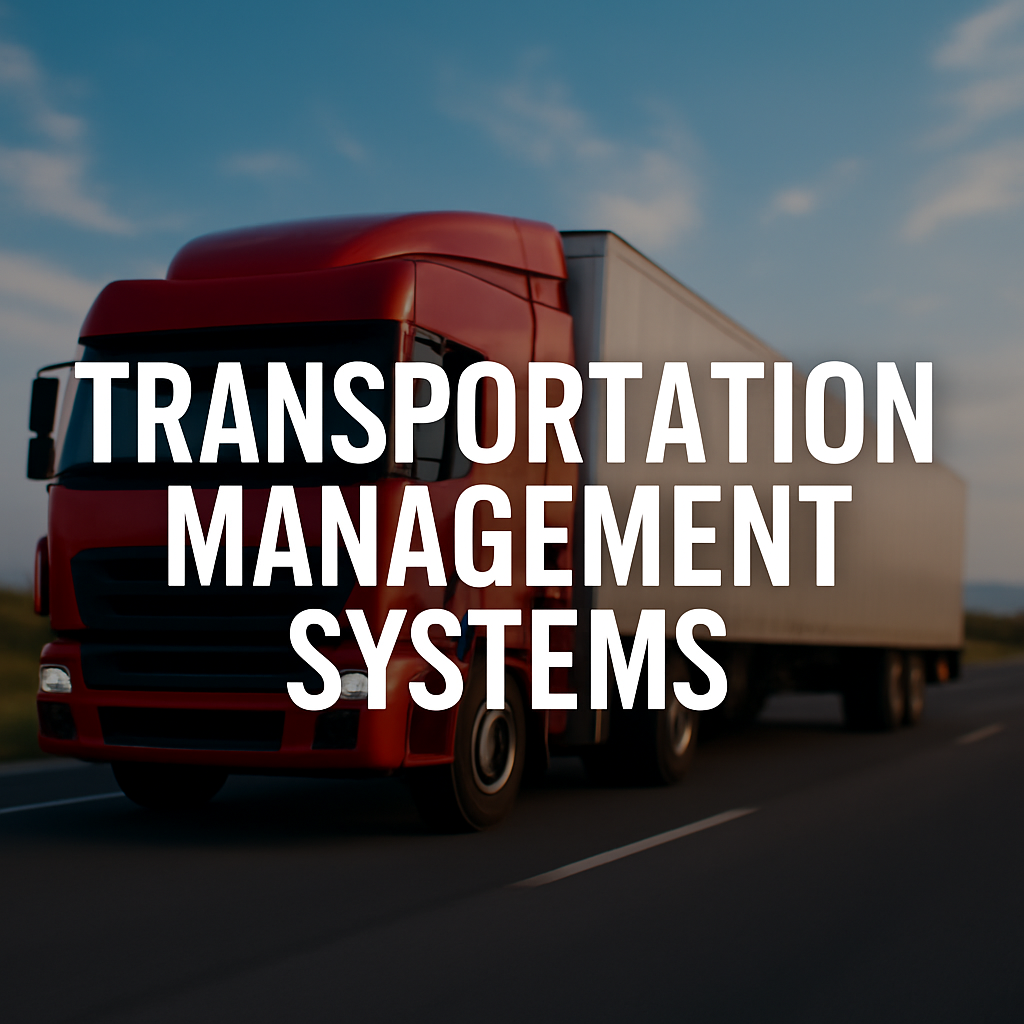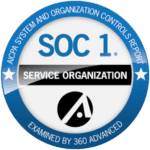What is a transportation management system? Let's get into it!
In today’s highly competitive and increasingly complex supply chain landscape, efficient transportation management is no longer optional — it’s essential. But what is a transportation management system, and why has it become a cornerstone for logistics success? Let’s explore this critical tool from an industry expert’s perspective.
Understanding Transportation Management Systems (TMS)
A Transportation Management System (TMS) is a software platform designed to optimize the planning, execution, and tracking of the physical movement of goods. Whether shipping products domestically or internationally, TMS solutions empower businesses to move freight more efficiently, reliably, and cost-effectively.
According to a detailed report from the U.S. Department of Transportation, effective transportation management is key to reducing bottlenecks, improving delivery times, and enhancing the overall supply chain.
Core Functions of a Transportation Management System
| TMS Feature | Description |
|---|---|
| Route Optimization | Identifies the most efficient delivery routes. |
| Freight Management | Matches loads with the most appropriate carriers. |
| Real-Time Tracking | Monitors shipments and inventory in transit. |
| Rate Management | Compares carrier rates to optimize shipping costs. |
| Compliance and Documentation | Ensures adherence to regulatory requirements. |
| Reporting and Analytics | Provides insights to improve logistics performance. |
By centralizing and automating these functions, a transportation management system eliminates manual inefficiencies and human error, delivering greater operational control and transparency.
Why Your Business Needs a Transportation Management System
1. Cost Savings
Carrier Rate Comparisons: TMS platforms automatically source and compare shipping options to find the best rates.
Fuel Optimization: Route planning minimizes mileage and fuel consumption, leading to direct savings.
2. Improved Customer Service
Real-Time Updates: Customers receive accurate shipment tracking and delivery estimates.
Reliable Delivery: Fewer disruptions and delays mean higher satisfaction rates.
3. Greater Operational Efficiency
Automation: Tasks like carrier selection, document generation, and invoicing are automated.
Streamlined Communication: All stakeholders — shippers, carriers, and customers — stay informed.
4. Better Compliance and Risk Management
Documentation Management: TMS systems automate the handling of bills of lading, shipping manifests, and regulatory paperwork.
Carrier Safety Records: Evaluate carriers based on safety and compliance data before booking.
5. Scalability
As your business grows, a robust TMS scales to handle increased shipment volume without adding headcount.
Real-World Example: How a TMS Transforms Operations
A mid-sized food distributor implemented a TMS to manage its growing network of regional deliveries. Within six months:
Transportation costs dropped by 14%.
On-time delivery rates improved by 22%.
Administrative processing time for freight invoices decreased by 40%.
These tangible results underscore how a well-implemented TMS can be a game-changer for businesses of all sizes.
Selecting the Right TMS for Your Business
When choosing a transportation management system, consider the following:
Cloud-Based vs. On-Premises: Cloud solutions offer faster implementation and lower upfront costs.
Integration Capabilities: Ensure compatibility with existing ERP, WMS, and CRM systems.
Customization: The TMS should align with your specific shipping needs and industry requirements.
User Interface: An intuitive platform ensures quicker user adoption and fewer training headaches.
Common Misconceptions About TMS
“Only large enterprises need a TMS.”
Not true. Small and mid-sized businesses gain substantial efficiency and competitive advantages from TMS adoption.“TMS platforms are too expensive.”
Many scalable, cloud-based solutions are affordable and yield high returns on investment through cost savings and process improvements.“Implementation is too complicated.”
Modern TMS vendors provide tailored onboarding support, reducing implementation complexity significantly.
Why You Can’t Afford to Ignore a Transportation Management System
Understanding what a transportation management system is — and embracing its capabilities — can radically transform your logistics operations. From reducing costs to enhancing customer satisfaction, a TMS provides the tools necessary for thriving in today’s complex, dynamic supply chain environment. Whether you’re a retailer, manufacturer, distributor, or service provider, investing in the right TMS ensures that your business moves at the speed of modern commerce.
Ready to Transform Your Transportation Operations?
If you’re looking for a powerful, easy-to-use Transportation Management System, we invite you to explore our TMS solution at Hatfield and Associates.
Want to see it in action? Book a personalized demo and discover how we can help you streamline logistics, improve efficiency, and drive real results.
After understanding the basics, use our Checklist to Choose the Best TMS to evaluate providers with confidence.
Frequently Asked Questions
What is a Transportation Management System (TMS)?
A Transportation Management System (TMS) is a logistics platform that helps businesses manage and optimize the shipment of goods. It streamlines transportation operations from planning and execution to performance tracking and settlement.
Why is a TMS important in the supply chain?
A TMS improves supply chain efficiency by optimizing routes, reducing freight costs, enhancing visibility, and improving service levels. It also provides valuable analytics to support strategic decisions.
What companies benefit from using a TMS?
Companies with complex shipping needs—including manufacturers, distributors, retailers, and 3PLs—benefit the most from using a TMS. Any business managing multiple carriers or large shipping volumes can see major improvements.
Can a TMS handle both inbound and outbound logistics?
Yes. Most modern TMS platforms are designed to manage both inbound and outbound freight, offering full visibility and control across all shipment types and routes.
Is a TMS suitable for small businesses?
Absolutely. Cloud-based TMS solutions have made it easier and more affordable for small to mid-sized businesses to benefit from logistics automation, route optimization, and cost savings.




